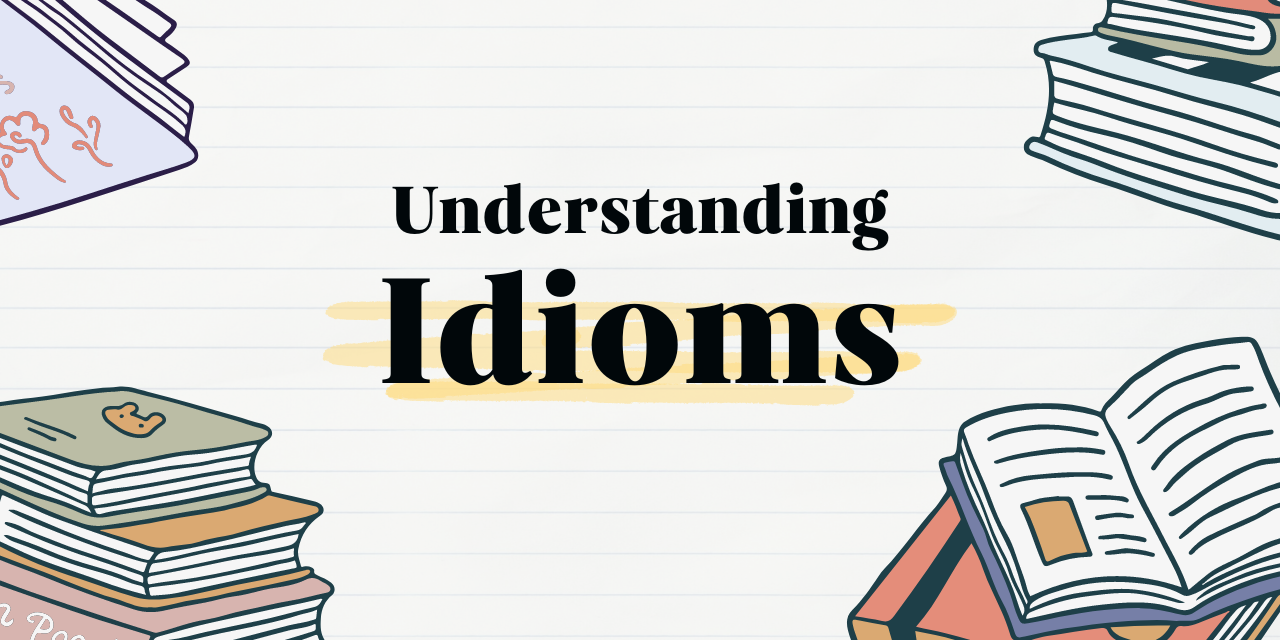It feels like more and more writers are beginning to lump in idioms with each other. While this can simplify the idiom’s meaning, it can really take away from the power of the saying. For example, many writers lump “a cause for concern” and “gives one pause” together, sometimes even hybridizing them. Is that correct to do? And do these sayings mean the same thing?
As mentioned, writers often mix up or combine these phrases together. For example, instead of saying either phrase separately, some people may write:
- The silence in the airport gives pause for concern.
- The reduction of funding gives local schools pause for concern.
These two examples combine the idioms to create a hybrid saying. While this may not technically be correct, many people still do it, and many can understand it.
What Does “A Cause For Concern” Mean?
“A cause for concern” is a popular saying that describes something that gives reason for anxiety. It refers to something looming ahead that hasn’t happened yet. For example:
- Threats lofted by the foreign nation gave our government cause for concern.
- Many people have cause for concern about artificial household cleaning products.
- The large drop in the housing market gave home purchasers a cause for concern.
What Does “Gives One Pause” Mean?
In contrast, “gives one pause” describes when someone has a reason to stop and think more carefully about something. In contrast to the idea of something causing concern or anxiety, this saying relates more to being cautious in any situation. For instance:
- The scary noises in the abandoned building can give one pause.
- Attempting to speak fluently in a foreign language gives one pause.
- The sheer amount of misinformation online gives one pause.
It often gives one pause to notice how all aspects of nature and science are interconnected.
Want to sharpen your business writing skills? Discover our acclaimed online courses at syntaxtraining.com Whether you want to learn about taking taking meeting notes, become a master proofreader, master punctuation or tune-up your business writing skills, our courses are here to help you.






